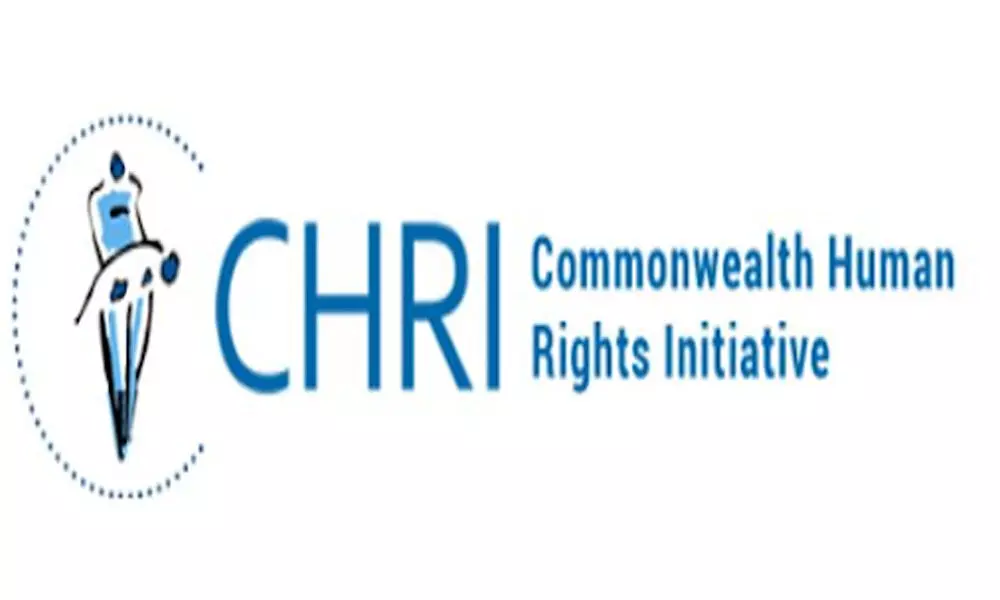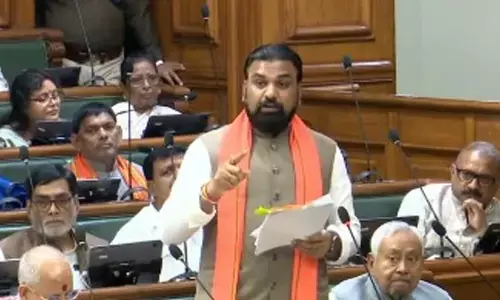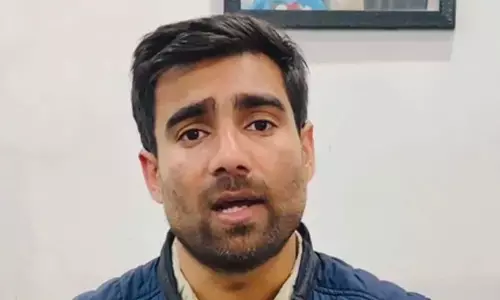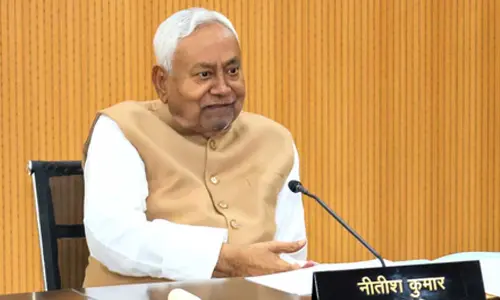Progress begins only when slavery ends

Commonwealth Human Rights Initiative
Commonwealth countries have made little progress towards their commitment to eradicate modern slavery by 2030, despite an estimated 1 in every 150 people in the Commonwealth living in conditions of modern slavery, a global survey by the anti-slavery organisation Walk Free and the Commonwealth Human Rights Initiative (CHRI) have said
Commonwealth countries have made little progress towards their commitment to eradicate modern slavery by 2030, despite an estimated 1 in every 150 people in the Commonwealth living in conditions of modern slavery, a global survey by the anti-slavery organisation Walk Free and the Commonwealth Human Rights Initiative (CHRI) have said.
They released a report on "Eradicating Modern Slavery: An assessment of Commonwealth government progress" on Thursday. The report highlights the need for renewed urgency from Commonwealth member States, to deliver on their promises made in 2018, to eradicate modern slavery and achieve Sustainable Development Goal (SDG) Target 8.7 by 2030.
The report finds only one third of Commonwealth member states criminalise forced marriage, and 23 fail to criminalise commercial child sexual exploitation. Out of 54 countries, only four engage with business to investigate supply chains, and all countries report gaps in victim assistance programmes. Walk Free and CHRI are calling for modern slavery to be set firmly on the agenda for the next Commonwealth Heads of Government Meeting (CHOGM). The report recommends Commonwealth governments launch a major initiative, which builds on existing anti-slavery frameworks, to combat modern slavery and exploitation. Walk Free co-founder Grace Forrest said member States need to act now to protect vulnerable people in the Commonwealth. "People living in modern slavery don't need more unfulfilled promises or unimplemented plans. Instead we are urging Commonwealth states to act," Ms Forrest said. "One in every 150 people in the Commonwealth is living in modern slavery.
This represents approximately 15.7 million men, women, and children who are subject to forced labour, forced marriage, or victims of human trafficking. While our prevalence estimates in 2018 were staggering, the Covid-19 pandemic has further increased vulnerability to modern slavery around the world. This report comes at a critical juncture – a time when the world is awakening to ongoing injustices, questioning historical inequalities, and confronting unprecedented crises. The CHRI said an estimated 40 per cent of the 40.3 million people in modern slavery live in the Commonwealth. This joint research and report highlights a basic point – time is running out to deliver on the promises made by member States in 2018, at the last Commonwealth Heads of Government Meeting in London as the organisations say.
Due to Covid-19, the next CHOGM has been delayed at least by 12 months. Walk Free and CHRI said they intend to use the new report to work with Commonwealth governments, ahead of the next meeting. Meanwhile, the Member States and the Commonwealth Secretariat must come together and use CHOGM in 2021 as an opportunity to tackle modern slavery, formalise global and regional coordination, strengthen legislation, and develop monitoring frameworks to assess implementation.
Under SDG Target, 8.7 governments have committed to: "Take immediate and effective measures to eradicate forced labour, end modern slavery and human trafficking and secure the prohibition and elimination of the worst forms of child labour, including recruitment and use of child soldiers, and by 2025 end child labour in all its forms." Unless the world seeks to end slavery "in all its forms", it would be difficult for the goals to be achieved.








